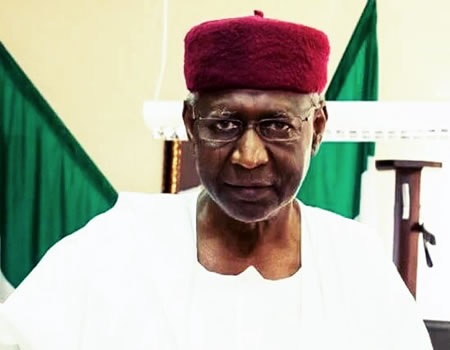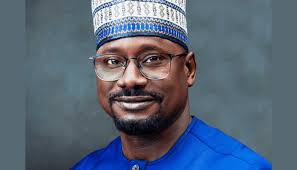Migrants: Responding to Tragedies on Mediterranean Sea
Last week the European Union held an emergency meeting to address the rising number of people who died in the Mediterranean Sea in their bid to cross to Europe. In one of the latest events, about 700 people perished when their boat capsized some 130 km off the Libyan coast. It is feared that the 2014 total of 3,279 migrants drowning in the sea will be surpassed this year because summer is yet to arrive. It is a very disturbing situation to different segments of the world but for different reasons as can be adduced from the shades of responses that the sad event is eliciting from the stakeholders.
The flurry of reactions is overwhelming. While Africa mourned the loss of young men and women, The Sun, A British tabloid ran a provocative piece referring to the immigrants as “a plague of feral humans” (IRIN African English Reports, 4/22/2015). Some key figures in the British Government are opposed to any increase in the search- and -rescue operation. They say it will only serve as a ‘pull factor’ and encourage more migrants to undertake the perilous journey across the sea to Europe.
It, therefore, did not come as a surprise that the joint meeting of the Foreign and Interior Ministers of the European Commission (EC) came up with a 10-point plan of action on migration, which reflects the great trepidation with which the issue is approached by European politicians. The UN special rapporteur on human rights of migrants, François Crepeau, offers a solution set that is not only opposed to that of the EC but also is rooted in the inalienable dignity of the human person.
Crepeau categorises the migrants into refugees from war-torn areas like Syria, Eritrea and Afghanistan; and economic migrants who come largely from Sub-Saharan Africa. For the refugees fleeing from violence, he calls for the kind of action that was applied when millions of Indochinese fled when the communist governments were established in 1975.
More than 2.5 million refugees were absorbed and resettled in North America and Europe. For the economic migrants, he advocated that they be allowed to follow economic currents as it happened between 1950 and 1975 when millions of North Africans, Sub-Saharan Africans and Turks migrated to Europe for economic reasons. He rejected the denial by Europe and others that they cannot welcome migrants because they do not have enough jobs for their citizens. He questioned why most countries are willing to accept skilled workers but not low–wage migrants, even though both flows are due to globalisation.
All said, the position of Crepeau is more dignified option because it recognises the universal brotherhood of all human beings and the shared responsibility, which all nations must bear for the pain of the other. Crepeau also recognises that migrants are compelled to undertake the dangerous crossings as a last resort; they have to make the journey against obvious odds that they are aware of. A militarised response will not solve the problem. It has always been there. What is required is a systematic, well- thought- through that is built on the ideals of our common humanity and care for the survival of the human race. In the words of the legendry Reggae King, Bob Marley, “…
Until the philosophy which hold one race superior and another inferior is finally and permanently discredited and abandoned… until there no longer first class and second class citizens of any nation…” (Sic), world peace will remain but a fleeting illusion. How much will the sinking of smugglers’ ships or the tracking down of smugglers go to address the economic and crisis issues in the countries where people are forced to abandon the fatherland and head for exile? It is indeed true that the increasing number of persons fleeing from conflict, violence and oppression requires a new and concerted strategic approach, it must be a holistic response that answers all the pertinent questions.
A holistic response will demand more than the 10-point action-plan of the European Commission or the solutions proffered by the UN rapporteur. The latter carries the seed to an immediate response because of the globalised outlook embedded in the unalienable dignity of the human person. A long term solution must address issues like arms trade which feeds insurgencies and wars; the anthropological aspects of climate change and its attendant ripple effects on small nations; and the deliberate economic policies of the Western world that continue to hinder sustainable economic growth in developing nations. The tragedies on the Mediterranean are inextricably tied to the aforementioned realities.








